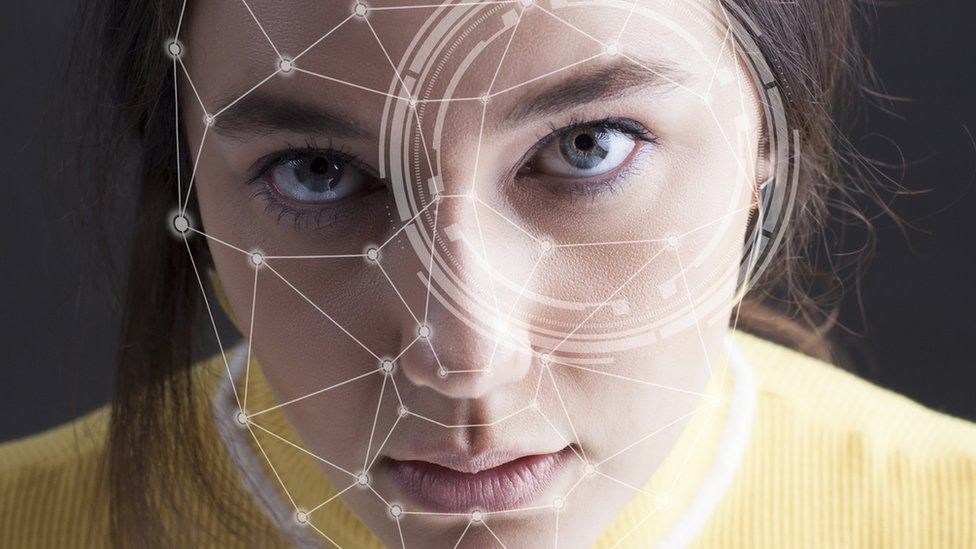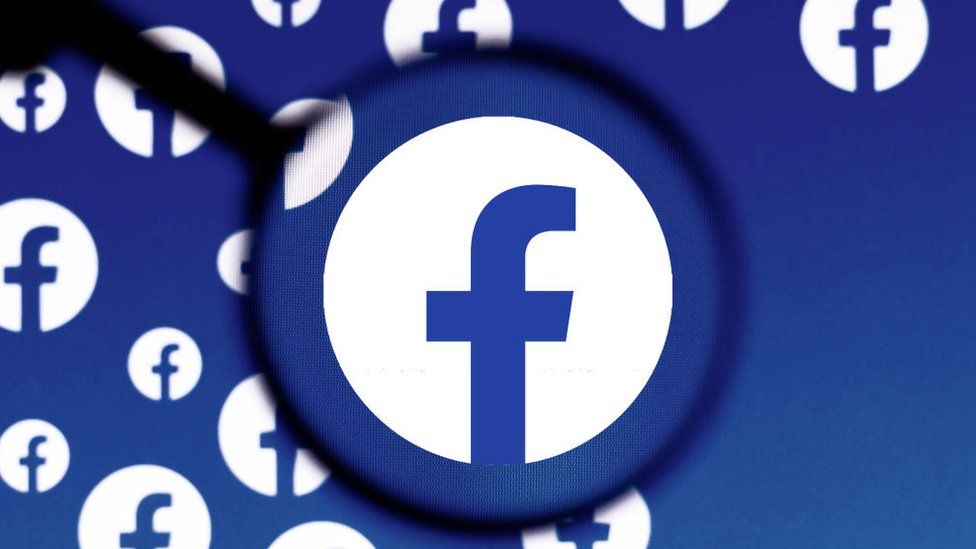Researchers were able to observe the curious effects of braiding non-Abelian anyons for the first time. Credit: Google Quantum AI
Google Quantum AI has observed non-Abelian anyons for the first time, a breakthrough that could revolutionize quantum computing by making it more robust to noise and leading to topological quantum computation.
Our intuition tells us that it should be impossible to see whether two identical objects have been swapped back and forth, and for all particles observed to date, that has been the case. Until now.
Non-Abelian anyons — the only particles that have been predicted to break this rule — have been sought for their fascinating features and their potential to revolutionize quantum computing by making the operations more robust to noise. Microsoft and others have chosen this approach for their quantum computing effort. But after decades of efforts by researchers in the field, observing non-Abelian anyons and their strange behavior has proven challenging, to say the least.
In a paper published in the journal Nature on May 11, researchers at Google Quantum AI announced that they had used one of their superconducting quantum processors to observe the peculiar behavior of non-Abelian anyons for the first time ever. They also demonstrated how this phenomenon could be used to perform quantum computations.
Our intuition tells us that it should be impossible to see whether two identical objects have been swapped back and forth, and for all particles observed to date, that has been the case. Until now.
Non-Abelian anyons — the only particles that have been predicted to break this rule — have been sought for their fascinating features and their potential to revolutionize quantum computing by making the operations more robust to noise. Microsoft and others have chosen this approach for their quantum computing effort. But after decades of efforts by researchers in the field, observing non-Abelian anyons and their strange behavior has proven challenging, to say the least.
In a paper published in the journal Nature on May 11, researchers at Google Quantum AI announced that they had used one of their superconducting quantum processors to observe the peculiar behavior of non-Abelian anyons for the first time ever. They also demonstrated how this phenomenon could be used to perform quantum computations.
Earlier this week the quantum computing company Quantinuum released another study on the topic, complementing Google’s initial discovery. These new results open a new path toward topological quantum computation, in which operations are achieved by winding non-Abelian anyons around each other like strings in a braid.
Google Quantum AI team member and first author of the manuscript, Trond I. Andersen says, “Observing the bizarre behavior of non-Abelian anyons for the first time really highlights the type of exciting phenomena we can now access with quantum computers.” READ MORE...
Google Quantum AI team member and first author of the manuscript, Trond I. Andersen says, “Observing the bizarre behavior of non-Abelian anyons for the first time really highlights the type of exciting phenomena we can now access with quantum computers.” READ MORE...



















 GETTY IMAGES
GETTY IMAGES
